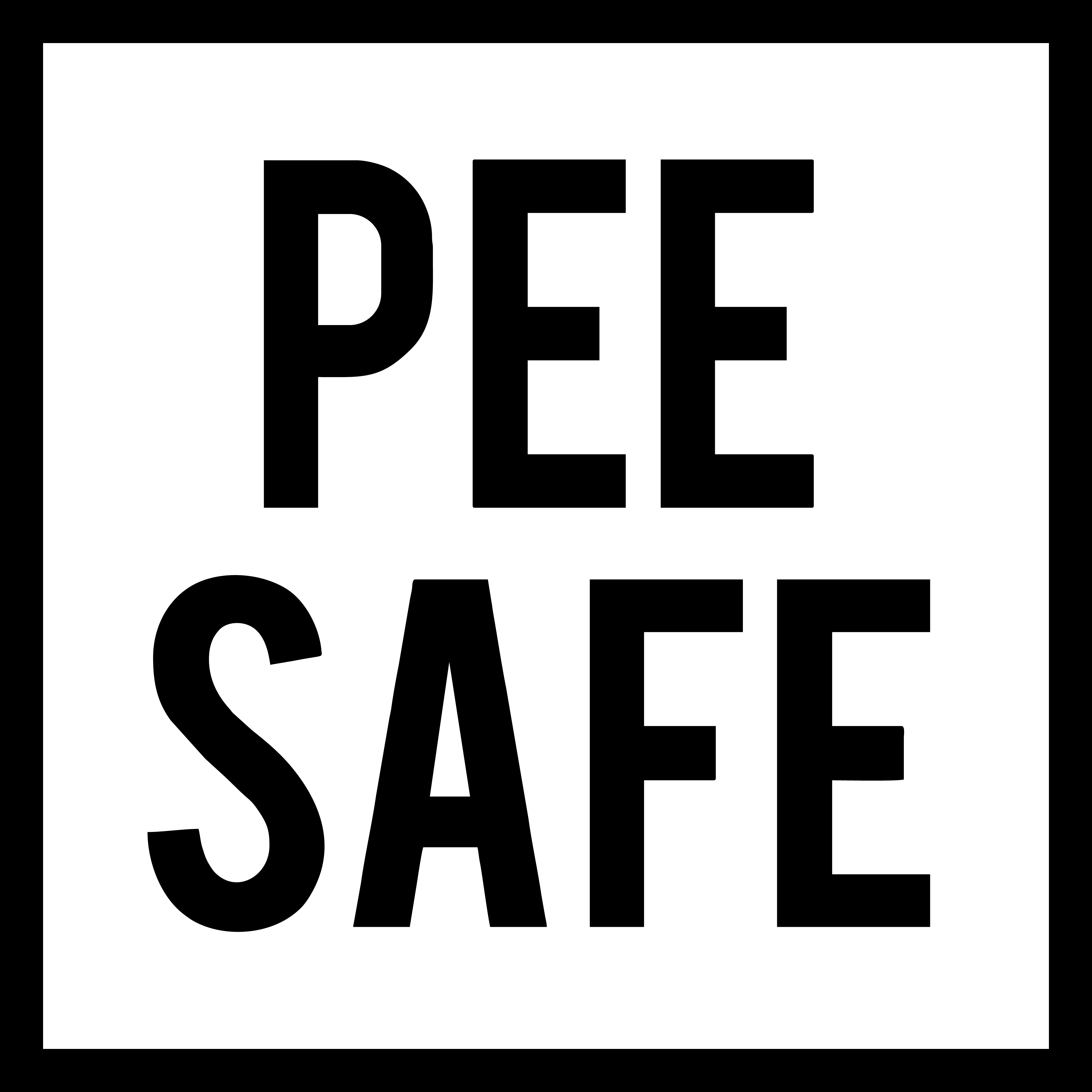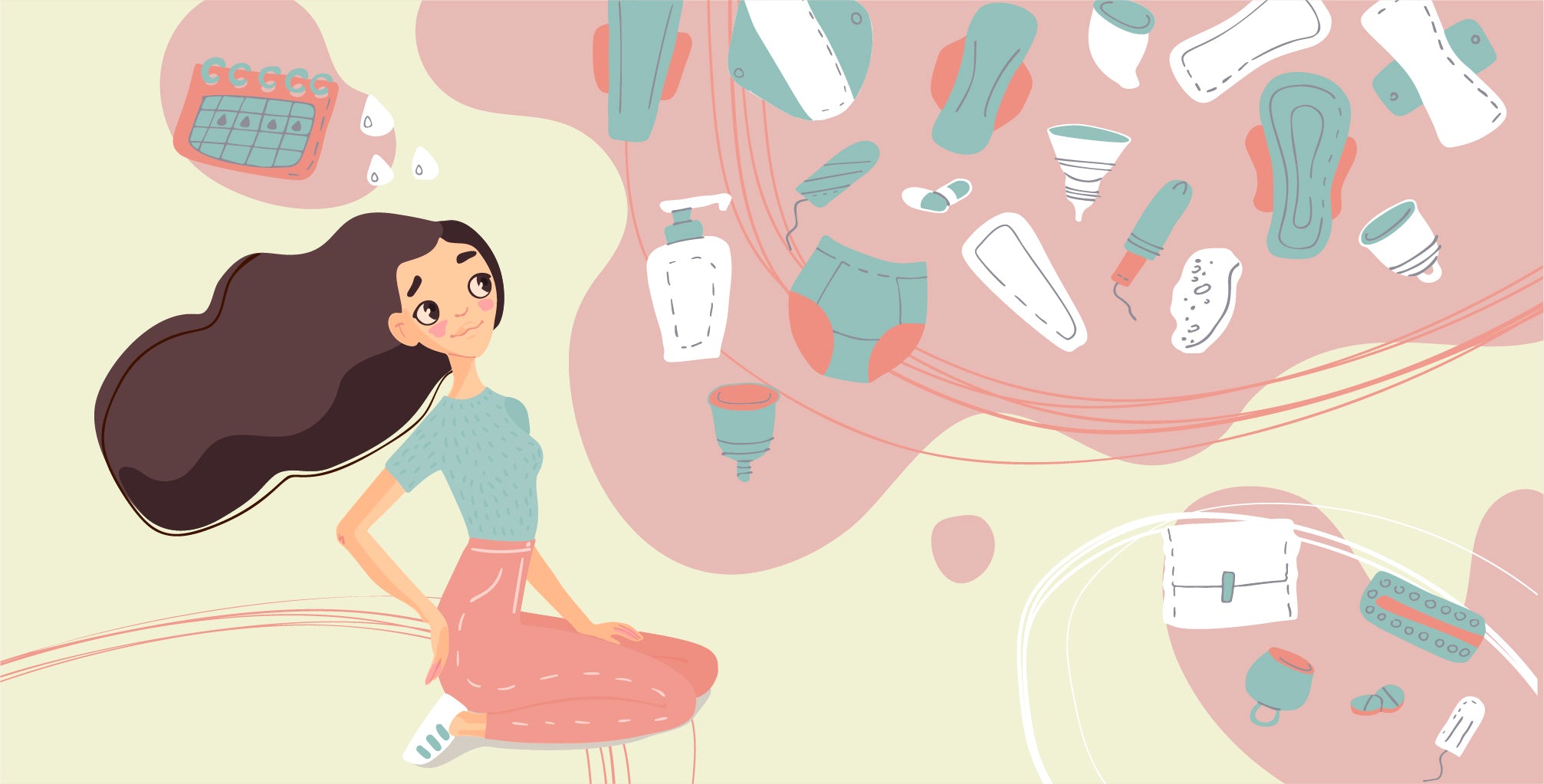Oral sex has a reputation for being fun, low-risk, and a worthy substitute for penetrative sex. People even call it "safer sex" because, hey, nobody's getting pregnant! Is oral sex safe, though? Is it hygienic?
Before we get into the risks and concerns associated with oral sex, we need to understand the basics of oral sex first. Oral sex involves, well, using your mouth and tongue to stimulate your partner's genitals. There are now three types of oral sex. We've got a fellatio that involves oral-penile contact. We also have a cunnilingus involving oral-vaginal contact. And finally, analingus that involves contact between the oral and the anal.
Each type of sex is pleasing in its own way, sure. But the determining factor that ensures that all three types of sex are enjoyable is hygiene-this includes both your hygiene and that of your partner. If you are not taking care of your oral and genital hygiene, the risk of infection is high. You can catch any number of sexually transmitted infections (STIs) such as syphilis, gonorrhoea, herpes, HIV, Chlamydia, and HPV. You become exposed to these infections by increasing your contact with saliva, pre-cum, semen, vaginal secretions, and menstrual blood.
But STIs aside, there is also a risk of passing on oral, respiratory, and genital pathogens that can cause a host of diseases because your mouth is a breeding ground for all kinds of bacteria. For example, unsafe analingus can result in the transmission of intestinal parasites, intestinal organisms, and worms.
So, what do you do? How can you protect yourself from all these imminent dangers?
Well, there are two steps to that.
Step One: Maintain good hygiene
If you have open sores, cuts, abrasions in your mouth, do not engage in any of these activities. Or have a long-term problem, such as bleeding gum disease-like gingivitis or periodontitis.
When fluids come into contact with these open wounds, pathogens can use them as an entry point to enter the bloodstream.
Prepare your genital area, too, before you have oral sex. Clean it with Pee Safe Natural Intimate Wash, and anything else you might need to keep it as clean, safe and hygienic as possible.
Step Two: Minimise oral-genital contact.
Oral sex can be safe and low-risk for both partners if you reduce the direct contact between the mouth and the genitals and the corresponding fluids. Luckily for everyone, there are a number of different barrier methods you can use to protect yourself.
- Cunnilingus/Analingus: You can use a plastic wrap or a condom cut and place it over a vulva or anus to reduce contact. We also have dental dams, a thin, flexible piece of latex made exclusively for oral sex. (Note that they are expensive and difficult to find.)
- Fellatio: Condoms. And you'll get a wide selection of, too-like, non-lubricated condoms, lubricated flavoured condoms, or flavoured, non-lubricated condoms.
Stay alert, stay safe.




























